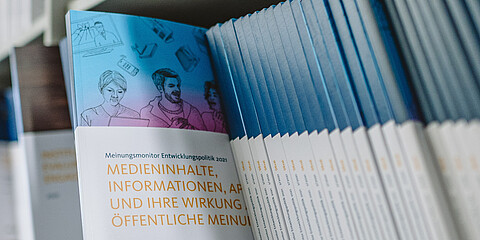Bridging the gap between humanitarian assistance and development cooperation has been a contentious issue in academia and development practice for decades. Drawing on an evaluation of Germany’s ‘Partnership for Prospects’ initiative, this paper argues that, whilst the supplement of ‘peacebuilding’ to the nexus (humanitarian–development–peacebuilding [HDP] nexus) brought an important context factor into the discussion in an environment of conflict, it is only of marginal help in a context of forced migration to neighbouring countries of a given conflict. For the context of host countries of refugees in a protracted crisis, it is more relevant that host countries show ownership and reliability in their policies to create long-term perspectives for refugees. These policies in turn need to be embedded in reliable rules (polity) and negotiation processes (politics) in host countries. Consequently, the paper suggests that a ‘HD–Triple-P’ nexus would take the necessary political dimension into account more adequately. However, it might also mark the boundary as to what development politics can achieve.
Bibliographical information

